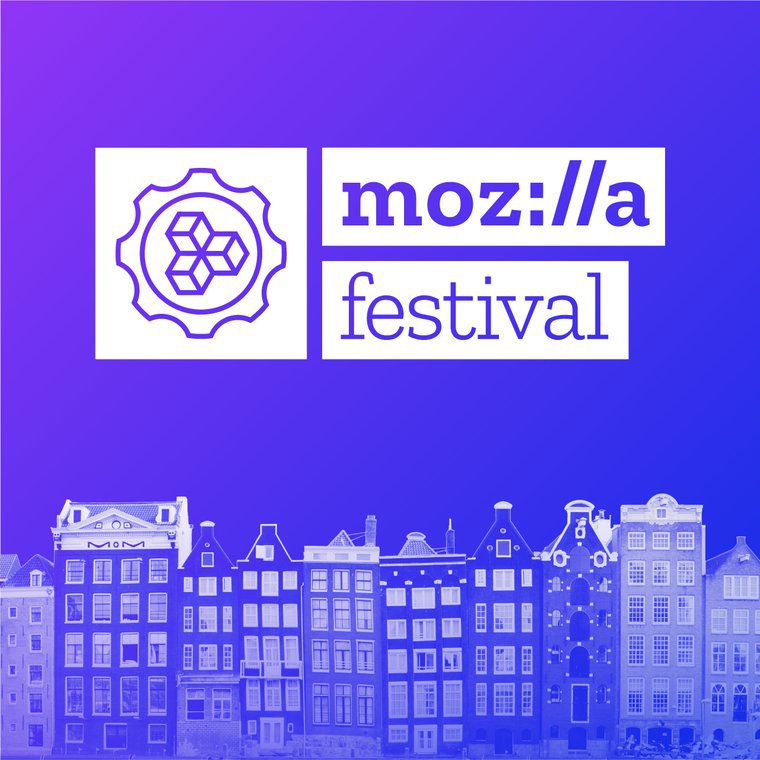After four weeks of amazing, restorative dialogue with over 100 community members during our Movement-Building from Home series of calls, we have learned a lot about online facilitation and community management during the COVID19 crisis. (Watch the calls on demand on this playlist.)
People working at home from all over the world came together to share community engagement practices and movement building projects spanning a variety of industries. We learned alongside local government officials, university professors, open scientists, activists and campaigners, journalists, funders, non-profit staffers and more.
Here are the top takeaways we gathered from our explorations of running online meetings, community care, personal ecology, and community management.
Top 3 Online Facilitation and Community Management Takeaways
Prioritize audience participation. Be sure to tilt the balance of each call or meeting in favor of peer-to-peer interaction over lecture and other kinds of more passive participation. Mix and match approaches like:
- Silent documenting, or sharing thoughts by typing into a shared doc ahead of discussion.
- Small-group discussions like Zoom’s Breakout Rooms that help people share the spotlight and bring insights back to the larger group.
- Invitations to contribute affirmations like emojis and “+1s” and questions to others’ comments instead of - or as well as - more direct responses to prompts and questions.
Be responsive. Always invite feedback on your work so you can improve calls and meetings for your participants. You might:
- Establish a feedback ritual at the end of each call asking for responses to prompts like what worked, what didn’t, what surprised you, and what would you change?
- Link to a survey at the end of each call or in a weekly emailed summary of your events to find out what people want more or less of in future calls.
- Start each meeting by giving thanks for the feedback you got last time and highlighting a suggested change you’re going to make for this call.
Provide rich content at a low cost of admission. Be clear about what you’re offering participants and what you’re asking of them. While people are working from home and balancing their time and responsibilities, it’s important to help them make informed decisions about events they attend online and those they keep up with by other means (by newsletter, for example). You should:
- Be clear about the platforms you’re using and the steps you’ve taken to make them as safe as possible for your participants. Consider co-facilitating with someone else to build-in some diversity or voice and representation and to alternate facilitation and platform-related issues or trouble-shooting duties during a call.
- Limit the duration of your calls and your role in them. Don’t schedule meetings longer than 45-60 minutes unless everyone working from home expects a more in-depth, workshop-like experience. Also, limit the amount of time you spend speaking or delivering content in favor of holding time and space for community conversation.
- Design your calls and events to be low-prep or no-prep. Rely on peer-to-peer learning to provide most of the value in each call so that people don’t have to study up or do homework to participate.
Keep the Momentum!
Curious about more online facilitation and community management programming like Movement-Building from Home? Would you like to connect with our growing community of facilitators and builders passionate about internet health and trustworthy AI? To stay connected and engaged, you can:
- Register here for a special bonus episode of movement-building from Home on Tuesday, 26 May 2020, at 2 PM ET / 18:00 UTC in which we’ll discuss how we planned and facilitated this series of calls.
- Check out the captioned recordings and notes from each Movement-Building from Home call on this new playlist.
- Join our MozFest community Slack to share ideas, opportunities, and questions with like-minded peers.
- Sign up for our newsletter for fresh internet health and trustworthy AI content and to learn more about upcoming events like MozFest 2021 that can connect our communities and amplify our work.
- Visit Mozilla Pulse to see what community members are up to in their projects and work.
It’s crucial that we improve how we connect with each other online and to take what we learn with us into a more humane and participatory digital future. We look forward to discovering that future with you!
MozFest is part art, tech and society convening, part maker festival, and the premiere gathering for activists in diverse global movements fighting for a more humane digital world. To learn more, visit www.mozillafestival.org.
Sign up for the MozFest newsletter here to stay up to date on the latest festival and internet health movement news.









